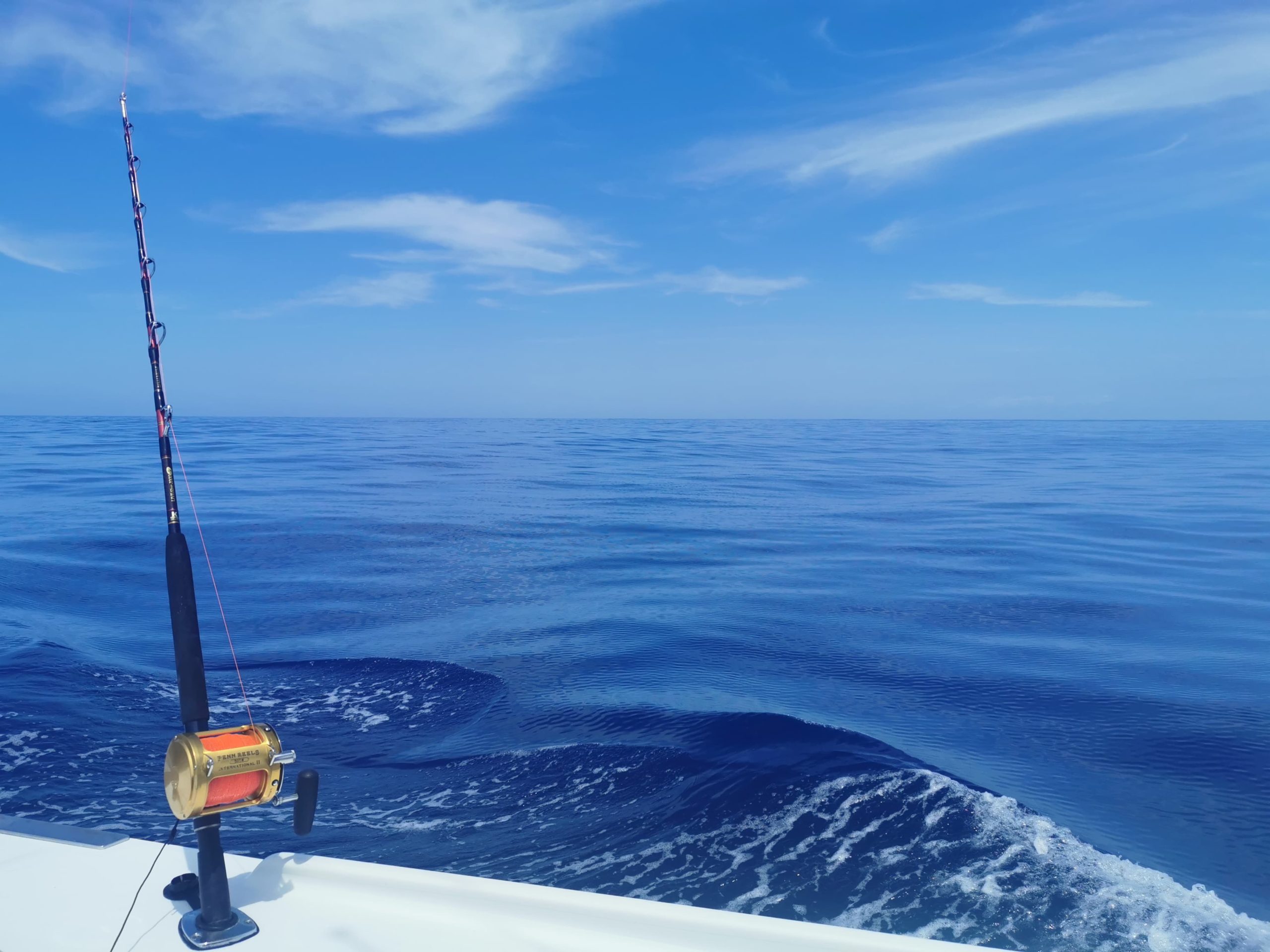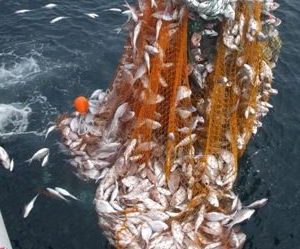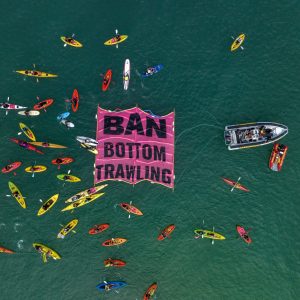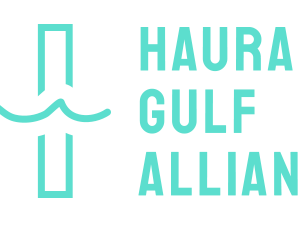Restricting fishing during the Covid-19 lockdown may have short-term benefits for some fish stocks. The restrictions are unlikely to make a measurable difference to depleted stocks.
Depleted fish stocks will only rebuild if meaningful catch reductions are applied and the productivity of the marine environment is restored, by banning destructive bulk harvesting fishing methods from inshore waters.
Any short term benefits that arise may be localised. For example, people may notice changes in areas like the inner Hauraki Gulf and Bay of Islands where commercial fishing is more restricted.
Bruce Hartill is NIWA’s Recreational Fisheries Scientist and has studied recreational fishing patterns and catches for many years. Bruce acknowledges that many fishers will be keen to get back out on the water after the lockdown. “I don’t think they will experience catch rates that would be very different than if the shutdown hadn’t occurred.”
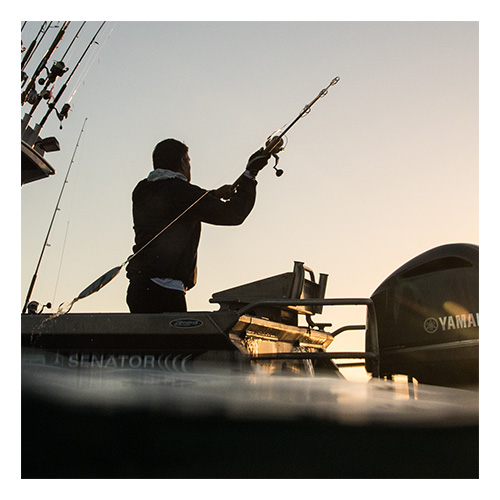
Fishing is not normal
During the Covid-19 Level 4 lockdown non-commercial fishing, both Maori customary and recreational, has been restricted. Commercial fishing has been severely curtailed due to lower demand and supply chain issues.
The extent to which the fishery benefits from a lack of recreational fishing pressure will depend on people’s behaviour when the restrictions are lifted. If people decide to fish long and hard, to make up for time lost during the closure, the annual catch may not be much different.
It will also be interesting to see whether markets rebound and commercial catch, which is by far the largest component of most inshore fisheries, reaches similar levels to recent years.
In terms of recreational fishing, research shows that Easter is busy if the weather is favourable. Fishing effort quickly drops off after Easter and diminishes over the winter. The Level 4 lockdown was imposed with little warning, so there was no apparent spike in fishing effort prior to the restrictions. Easter came two weeks into the lockdown so the expected increase in effort over the long weekend did not eventuate.
The latest National Panel Survey of all recreational fishing in New Zealand estimated there were 200,000 recreational fishing trips over the equivalent four week period during March and April 2018, which included a fine Easter weekend. This was just over 10% of all fishing trips for the year.
Effects of fishing
We also need to look at fishing in the wider context of productivity, that is the ability of the marine environment to sustain life and resilient fish populations.
Bottom trawling in inshore waters reduces the variety and availability of 3D structure that provides shelter and a food source for juvenile fish. Studies show that it takes seven years or more for trawled areas to rebuild sufficiently to support abundant life.
Rebuilding depleted fisheries and marine ecosystems requires dedicated policy, a commitment to apply meaningful cuts to catches, and regulating against the use of destructive fishing methods.
As much as we like to think positively, the reality is that a return to abundant fisheries and a healthy marine environment will not materialise due to a month long, or short-term, fishing closure.
